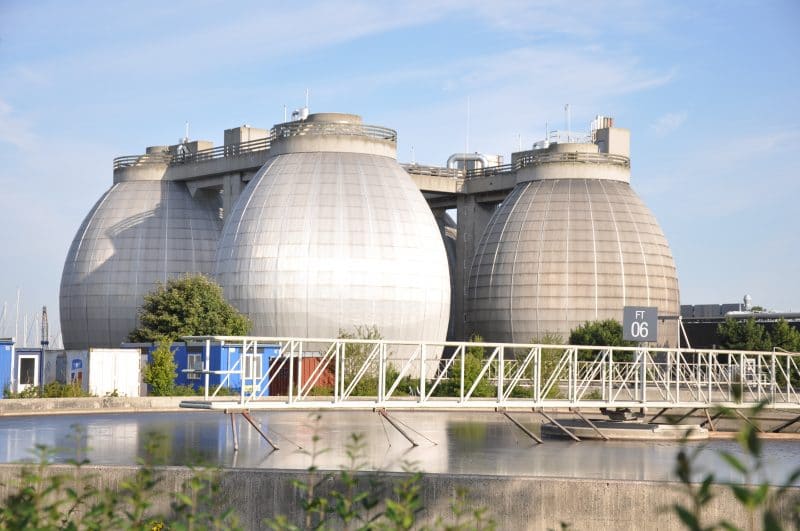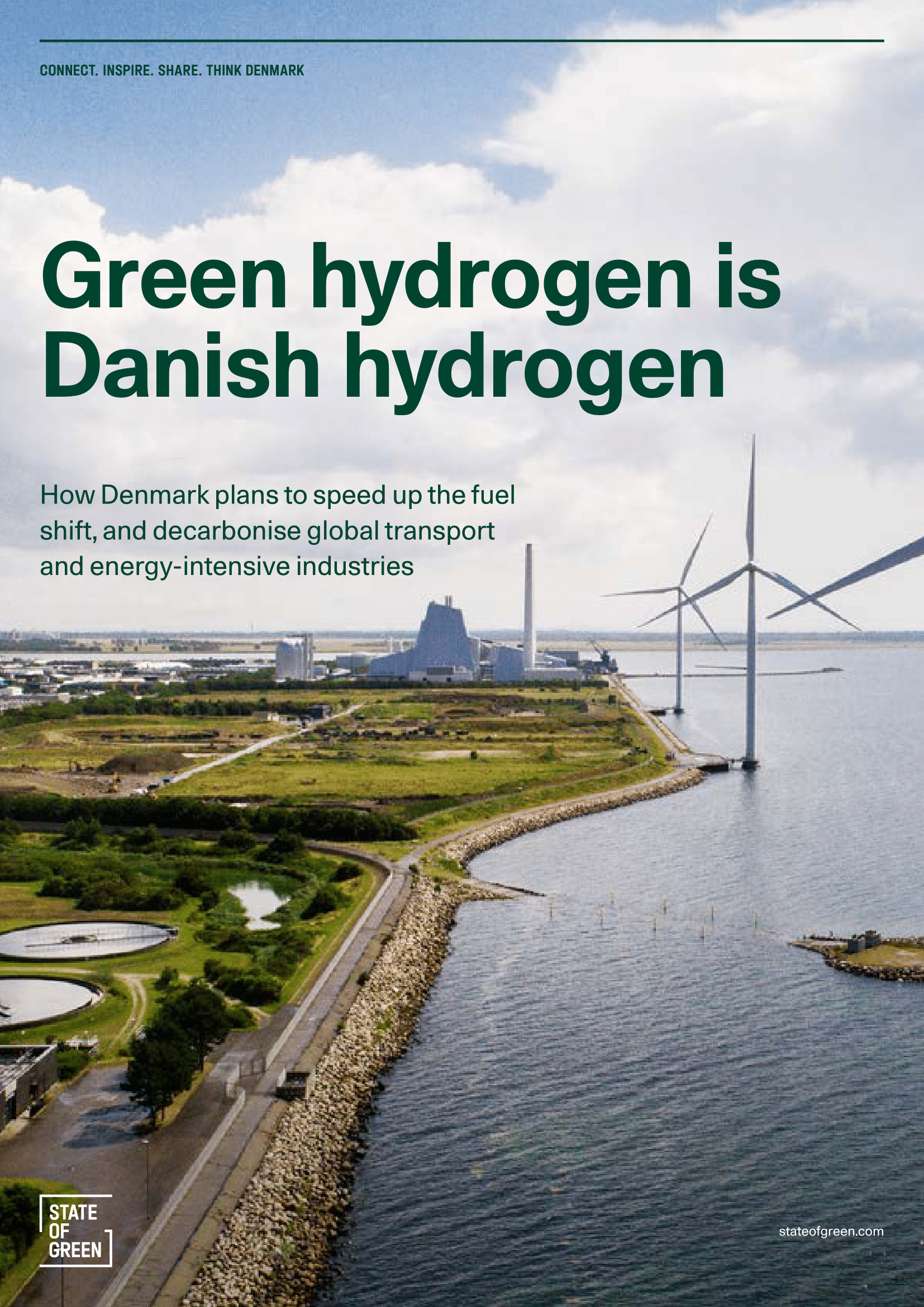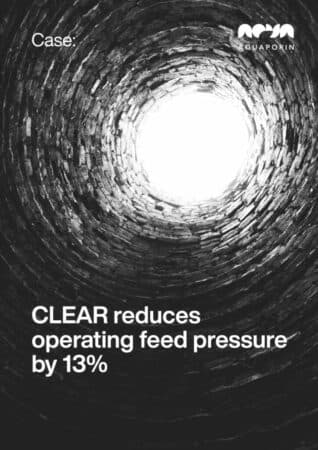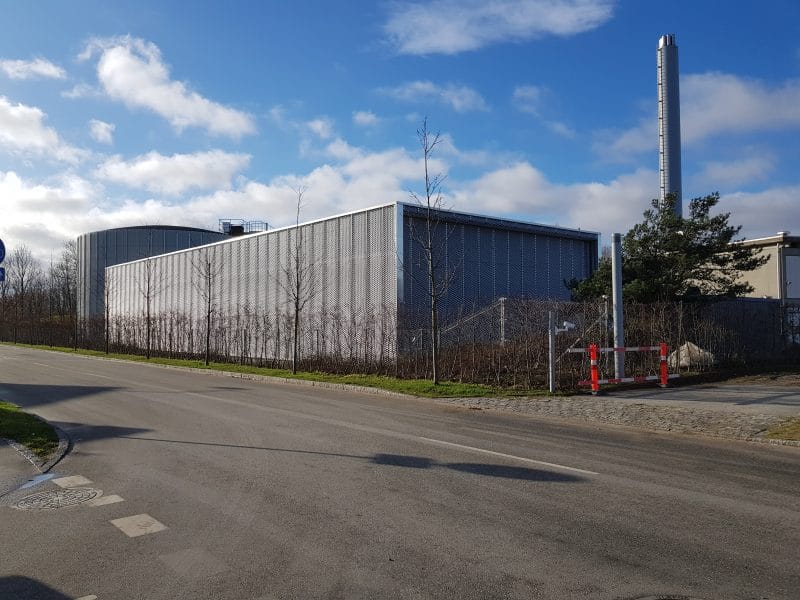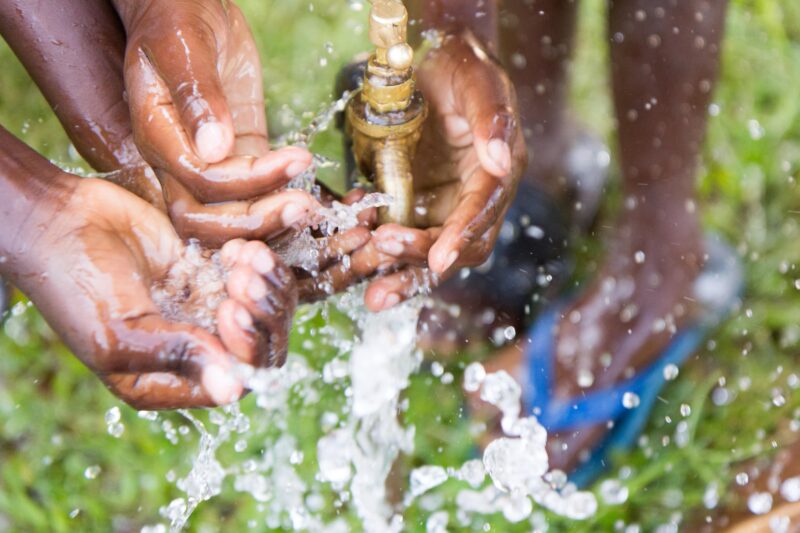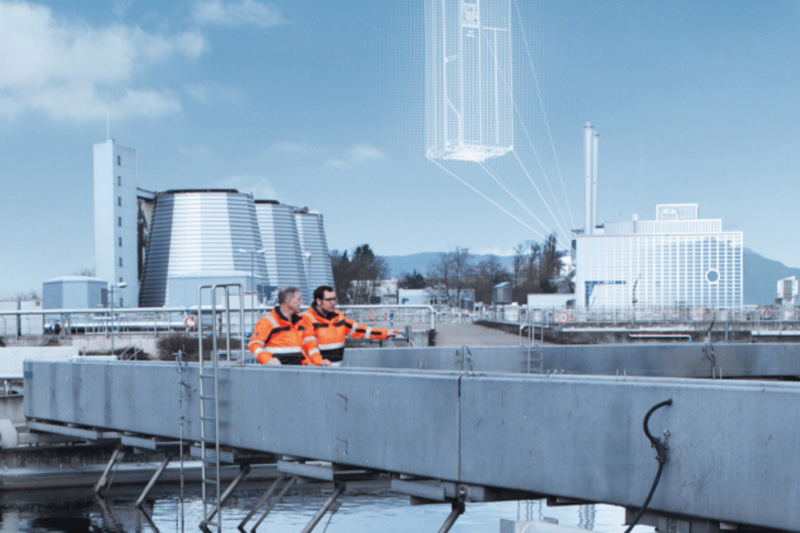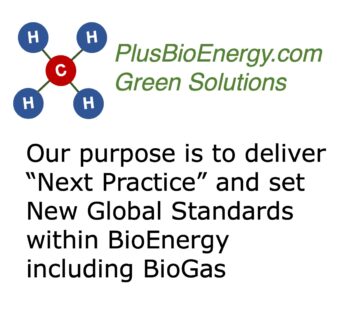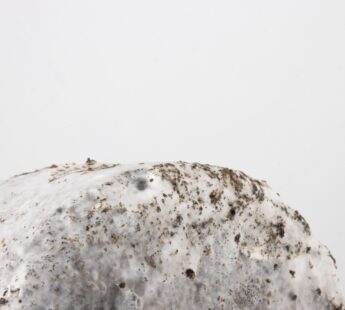News
Circular business models
Energy recovery from wastewater
Resource recovery from wastewater
+3
Transforming phosphorus from wastewater into fertiliser
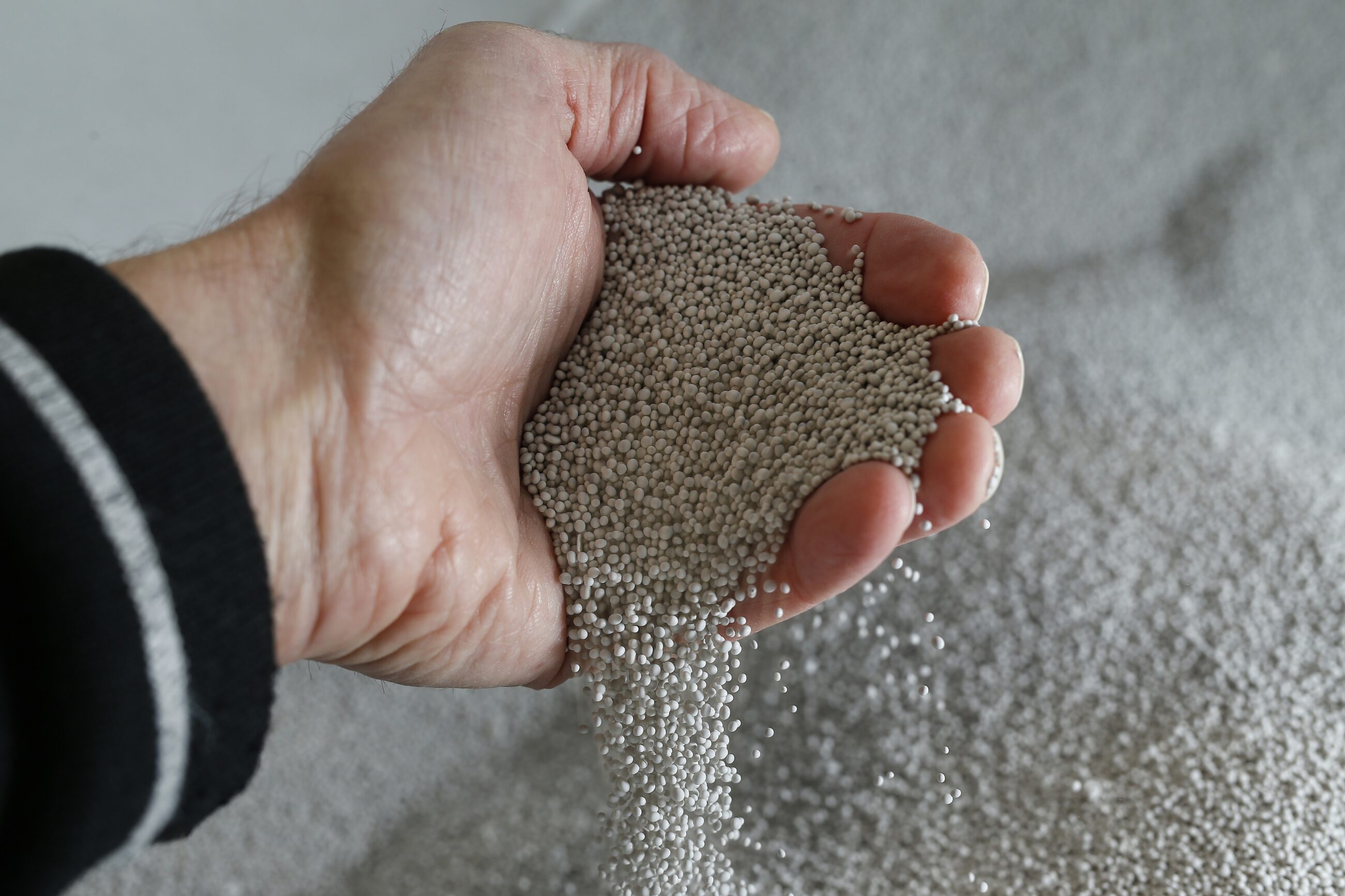

For a number of years, the utility company Aarhus Vand has been working on extracting phosphorus from wastewater. They were the first utility company in Scandinavia to produce and sell phosphorus extracted from wastewater. Through a partnership, Aarhus Vand, Herning Water, Grundfos, Norconsult and SEGES succeeded in transforming phosphorus into fertiliser instead of waste. The partnership has developed a concept, where phosphorus in wastewater is recycled and sold as high-quality fertiliser under the name "PhosphorCare”.
-Related solution: From wastewater to valuable fertiliser
"It is nice when a problem becomes a solution. We had major problems with the precipitation of "kidney stones" in pipes and pumps, but together with great partners we found a solution to the problem, and now we produce an important fertilizer product," said Claus Homann, Department Manager of the Production Unit in Aarhus Vand.
The first phosphorus recycling plant was established at Åby wastewater treatment plant in 2013 and the new and larger phosphorus recycling plant at Marselisborg, Aarhus is a further development of this. As Scandinavia's largest phosphorus recycling plant, it has a capacity of up to 800 kg PhosphorCare fertilizer per day. The plant operates by sending a side stream of wastewater with high phosphorus and nitrogen content through reactors and adding magnesium salt. Thereby, a granulate is produced, which after drying can be used as a fertilizer.
A global lack of phosphorus
In addition to contributing to the circular economy, the new phosphorus recycling plant also represents a solution to a huge challenge that Denmark and the rest of Europe's food production is facing. Phosphorus is critical for all plants, animals and humans - there is no life without phosphorus. Therefore, farmers around the globe are dependent on phosphorus to continue supplying people with food.
However, experts warn that the earth’s phosphorus sources are running out. For instance, the mines in Morocco, which accounts for 75 per cent of the global amount of phosphorus, are emptying out. Like oil, phosphorus is a natural, limited resource. However, where oil can be replaced with other energy sources, there is no substitute for phosphorus.
-Related solution: Nonafertiliser will reduce phosphorus pollution from agriculture
There is no exact date for when phosphorus sources will run out, but experts estimate it to between 30 to 100 years - this has made the EU add phosphorus to the list of critical raw materials.
Globally, the recycling of phosphorus is only taking place in Europe, the USA and Japan, so there is great potential in expanding the technology that can extract phosphorus from wastewater.
Facts:
There are economic, environmental and social benefits to recycling phosphorus.
Economic:
- Minimises costs for cleaning and replacement of pipes, pumps and exchangers
- Saves costs on man-hours
- Saves energy - avoid reducing pipe and pump performance
- Payback time of 4-7 years - depending on the price of pure phosphorus
- 10 per cent reduction in sludge
Environmental:
- Improves the environment by recovering phosphorus, which is a scarce resource
- Reduces CO2 emissions
Social:
- Employees do not have to clean struvite in pipes and other installations
- Ensures better working conditions
Source: DANVA
Photo: Ole Hartmann Schmidt
You should consider reading
solutions
Wastewater treatment
+1
